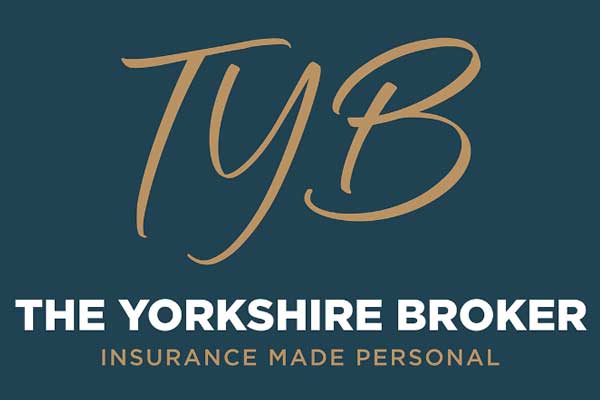When it comes to a business’s reputation, it’s incredibly important. No matter whether you’re operating B2B or B2C, how your business is perceived can be the difference between thriving and failing. If your reputation is strong, it’ll make it easier for other companies to do business with you, and it means customers are more likely to shop with you over less-reliable competitors. However, if your reputation is in the gutter it can harm every aspect of your business and ultimately affect your bottom line. The risks to your business’s reputation are ever present but can be managed and mitigated. So what is reputational risk, and how can it be managed?
Reputational Risk – Managing Business Reputation
Insurance Made Personal
What is Reputational Risk?
Reputational risk is the threat to the good name and existing reputation of a business or organisation. There are broadly three strands of reputational risk: direct, indirect and tangential. Directly is a result of the actions of the company, indirectly is through the actions of an employee or employees, and tangential is through joint ventures or suppliers.
The risk to a company’s reputation is ever-present, as there could always arise a scenario where a company’s reputation could be damaged, therefore any reputational risks should be managed in order to protect your business.

Examples of Reputational Risk
There are a few things that fall under the umbrella of reputational risk that could harm your business. They include, but aren’t limited to:
– A cyber attack which breaches your customers’ personal data.
– A cashier being rude or aggressive towards a customer.
– A line of your products has to be recalled due to quality control issues.
– A company you’re working with is going into administration.
With the list of risks to your reputation being almost endless, it’s important that you recognise the types of reputational risks that are most likely to affect your business and what you can do to manage and mitigate these scenarios.
Online Reputational Risk
The digital space is ever-growing, meaning your online reputation becomes more and more important with each passing day. There are certain things that entail your online reputation, such as how secure and easy to use your website is, as well as managing what people are saying about your company on social media.
With complaints more public than ever and able to gain traction in larger volumes than ever before, you should be looking to have a strategy in order to counter complaints and sort out issues to minimise damage to your company’s reputation.
Companies will try to manage the risk to their reputation by having a cyber risk insurance policy, and creating social media accounts that look out for, and reply to, complaints that customers have about your product or service.
How To Mitigate Reputational Risk
There are a range of business risks that exist, which can be mitigated by a risk management strategy and a comprehensive insurance policy which allows you to be protected in case reputational risks do come to pass.
Risk management allows you to assess what risks are present to your reputation and how likely they are to come to pass. That’ll then allow you to know what risk you need to manage and what you’ll need to cover.
By working with The Yorkshire Broker, we can help to create the ideal insurance policy for you that takes into account the specific reputational risks that exist for your company. No two businesses will be the same, so why should your insurance policy? By having tailored cover, it means that you can include specific reputational risks in your policy whilst excluding anything that isn’t relevant to your business.


